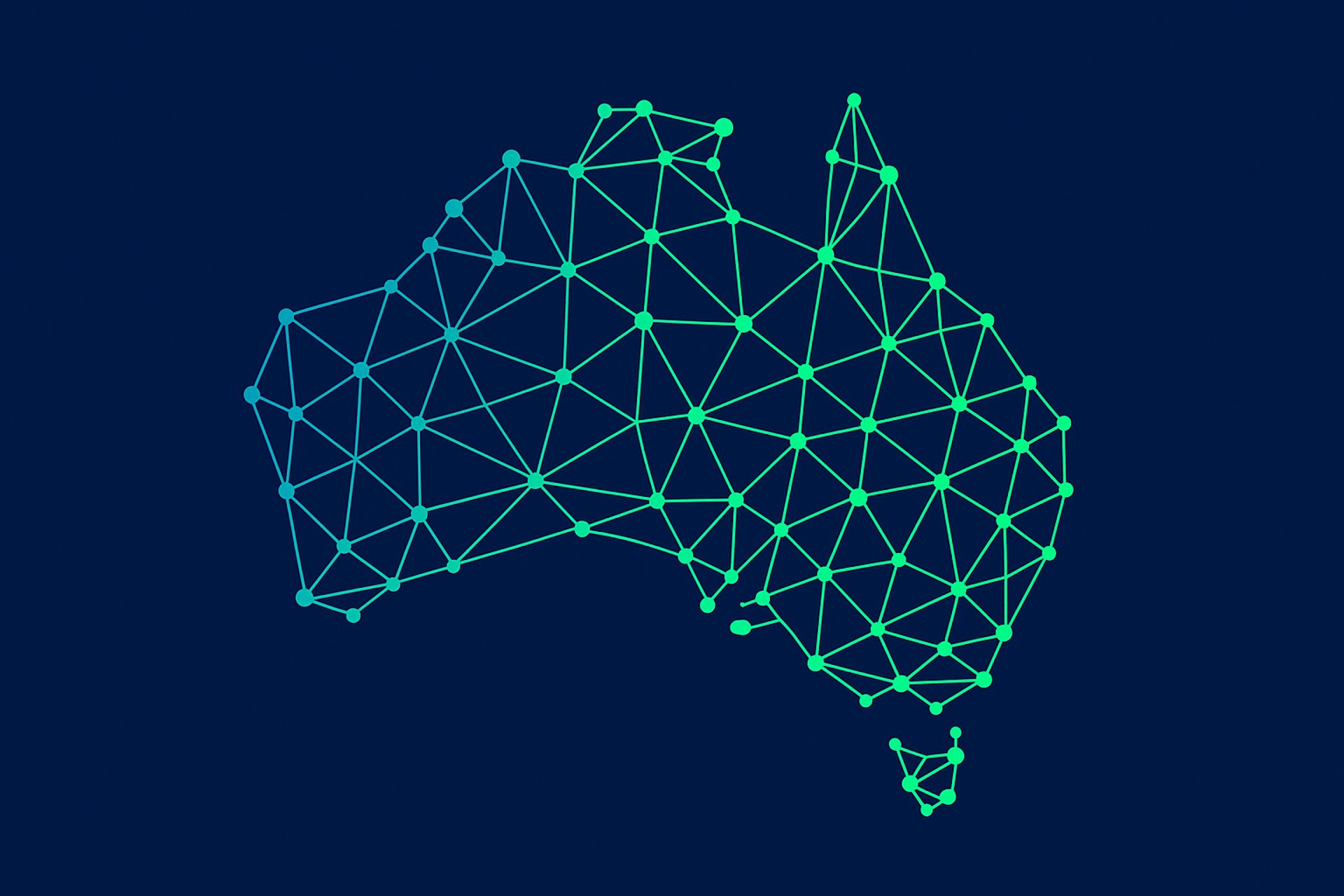
Investors Turn to Australia’s AI Sector
Discover why investors are increasingly focusing on Australia’s AI sector, driven by trust, research excellence, and innovative domain-specific solutions. Explore the potential of Australian AI investment and what it means for the future.
Mike Parsons
10/22/20253 min read
As I get ready for tomorrow’s Startup Daily event on Taking Australian AI to the World, I’ve been reflecting on where the real opportunity lies for Australia.
Not in trying to build the biggest or flashiest AI model, but in focusing on how we grow: sustainably, trust-first, and with a deep sense of purpose.
At Apollo Advisors, growth is our north star. But real growth isn’t about chasing scale at all costs: it’s about building something enduring, defensible, and uniquely ours.
And that’s exactly what Australia’s emerging AI strategy seems to embody.
From Giants to Niches: The Power of Specialisation
While the global race for “the biggest model” rages on, Australia’s most innovative AI founders are taking a more grounded path — deep vertical specialisation.
We can’t outspend the giants. But we can outsmart them by building domain-specific AI that solves problems too complex, too regulated, or too niche for Silicon Valley’s scale-at-all-costs mindset.
Take Harrison.AI, which trained its medical model, Harrison.Rad.One on clinically validated data. It’s now used in over 100,000 hospitals worldwide — not because it’s the largest model, but because it’s trusted, precise, and deeply embedded in healthcare workflows.
Or Deeligence, a Melbourne-based legal-tech company using AI to automate due diligence and compliance for mergers and acquisitions. Their defensibility doesn’t come from fancy algorithms; it comes from deep domain knowledge, proprietary data, and years of working within Australia’s legal framework.
Then there’s Adiona Tech, a logistics optimisation platform that uses AI to model complex transport routes. They’re proving how vertical AI can scale globally from Australian soil by solving one of the world’s most challenging problems — urban mobility — through advanced simulation and optimisation.
These companies are showing that focus beats force. They’re winning not by trying to build general intelligence, but by becoming indispensable to one industry at a time.
Trust as a Competitive Edge
There’s another uniquely Australian advantage that’s emerging: trust.
In a world increasingly sceptical of AI, Australia’s reputation for rigorous governance and ethical leadership is becoming an asset.
We already rank in the top 10 globally for responsible AI research, and fourth in studying the human rights implications of AI.
That focus on transparency and accountability is not a drag on innovation — it’s the gateway to it.
When an Australian AI company can say, “Our system meets EU AI Act standards and has independent bias audits,” it instantly becomes more attractive to global enterprise clients in healthcare, finance, and defence.
After painful lessons like RoboDebt, the public has made it clear: trust isn’t optional.
Only one-third of Australians currently say they trust AI systems, but over 80% say that trust would grow if accuracy and reliability were independently monitored.
That’s not a barrier — that’s a roadmap for how to lead.
Closing the 23-to-1 Gap
Here’s one of the most significant growth opportunities of all: turning our brilliant research into real businesses.
Between 2015 and 2024, Australia produced 93,000 AI-related research papers, but only 4,000 patents.
That’s a 23-to-1 ratio — world-class science, but under-commercialised.
Bridging that gap means supporting founders at the intersection of research and real-world problem-solving.
It means more partnerships between universities and private companies, and more investors willing to back the long game of deep tech.
Companies like Deeligence and Adiona show what’s possible when Australian ingenuity meets execution. They’re commercialising advanced AI research in fields as diverse as contract analysis and smart-city logistics — proving that when our innovators have the proper support, they can compete globally without leaving our shores.
Sovereign Scale: Powering the Future
The final piece of the puzzle is sovereign compute — building the infrastructure to train, deploy, and protect our own AI systems.
If every core capability depends on foreign data centres, we limit our future.
That’s why investments like Firmus Technologies’ $330 million raise for high-performance Australian data centres matter so much.
They give our innovators the engine they need to scale, securely and independently.
Because true innovation needs a home — and sovereignty gives us the freedom to grow on our own terms.
Growth with Purpose
As I look across this landscape — from Harrison.AI in health to Deeligence in law, Adiona in logistics, and dozens of others quietly building the future — a clear pattern emerges.
Australia’s AI advantage won’t come from brute force.
It’ll come from focus, integrity, and trust — from building with our strengths, not against them.
At Apollo Advisors, that’s what growth means to us:
Not just scaling fast, but scaling wisely.
Not just creating new technology, but creating new trust.
And not just building for Australia, but building from Australia for the world.
Tomorrow at the Startup Daily event, we’ll unpack how founders, investors, and policymakers can lean into this strategy — and how we can all help turn Australia’s AI momentum into an actual growth engine for the decade ahead.
Address
Apollo Advisors
ABN 34 346 108 139
PO BOX 573 Milsons Point
NSW 1565 Australia
